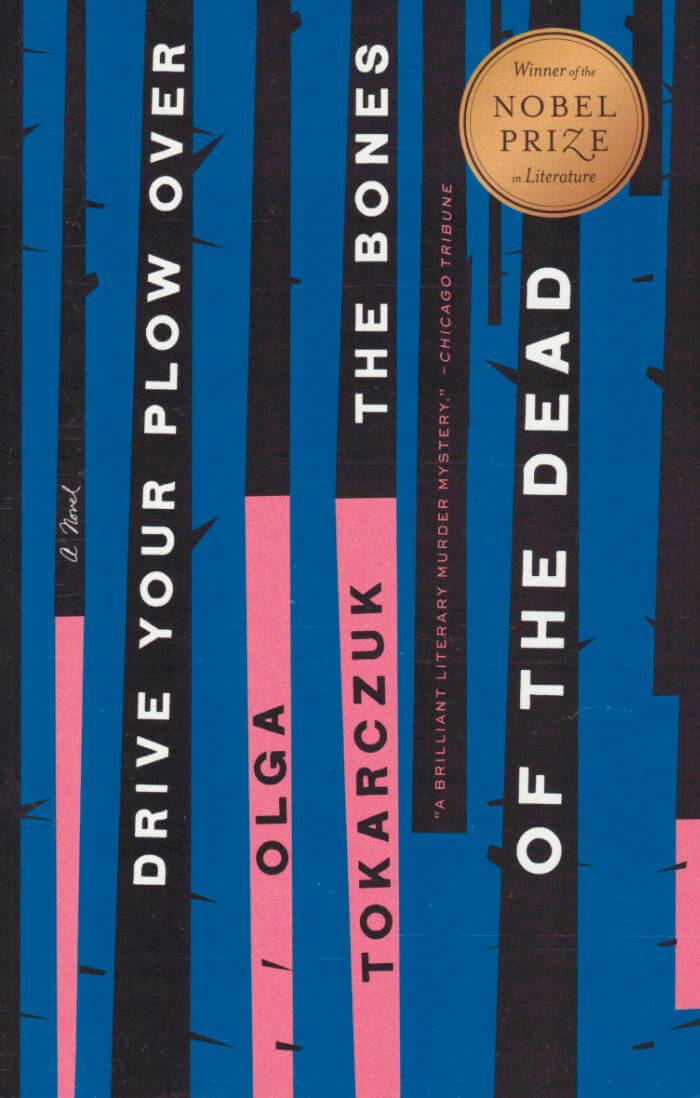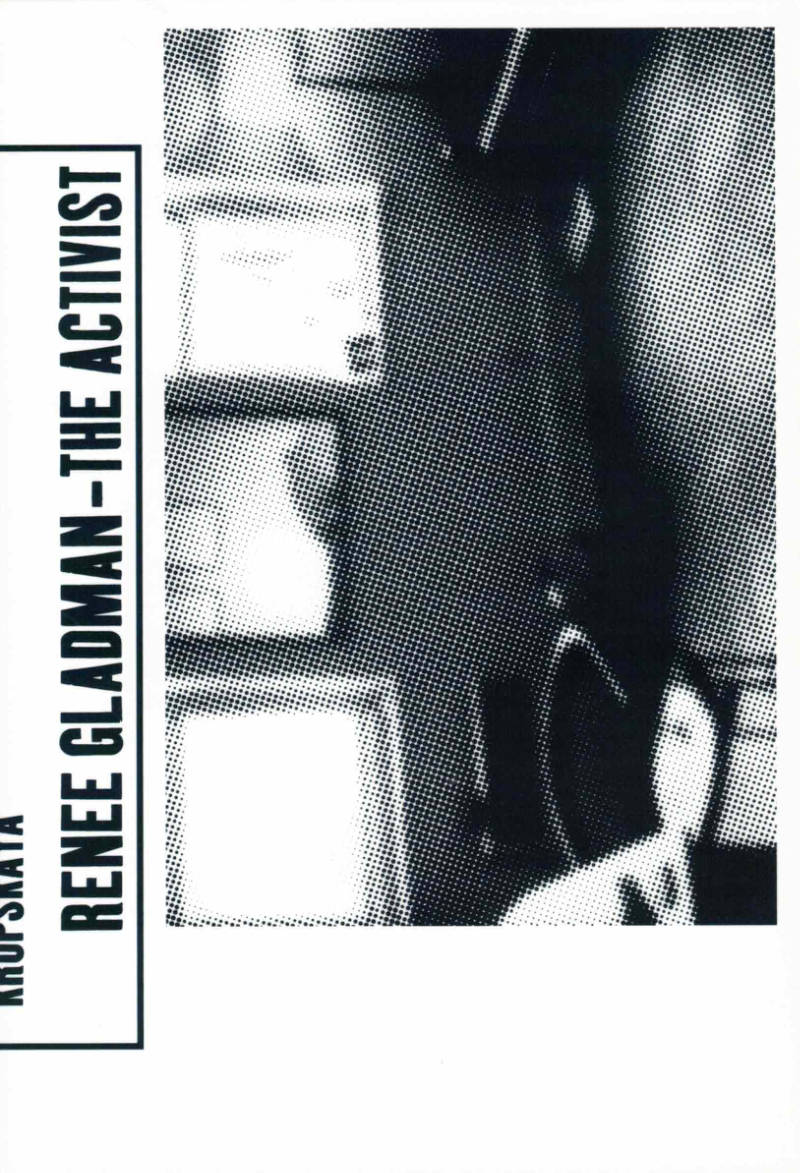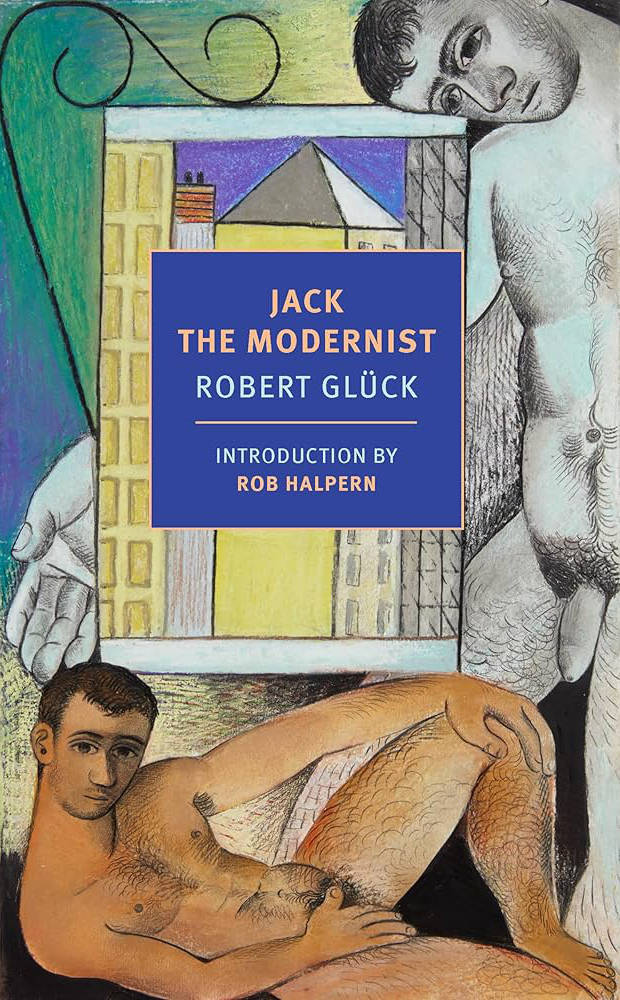
Drive Your Plow Over the Bones of the Dead
In a remote Polish village, Janina devotes the dark winter days to studying astrology, translating the poetry of William Blake, and taking care of the summer homes of wealthy Warsaw residents. Her reputation as a crank and a recluse is amplified by her not-so-secret preference for the company of animals over humans. Then a neighbor, Big Foot, turns up dead. Soon other bodies are discovered, in increasingly strange circumstances. As suspicions mount, Janina inserts herself into the investigation, certain that she knows whodunit. If only anyone would pay her mind...
Olga Tokarczuk has won the Nobel Prize in Literature and the Man Book International Prize, among many other honors. She is the author of a dozen works of fiction, two collections of essays, and a children's book; her work has been translated into fifty languages.




